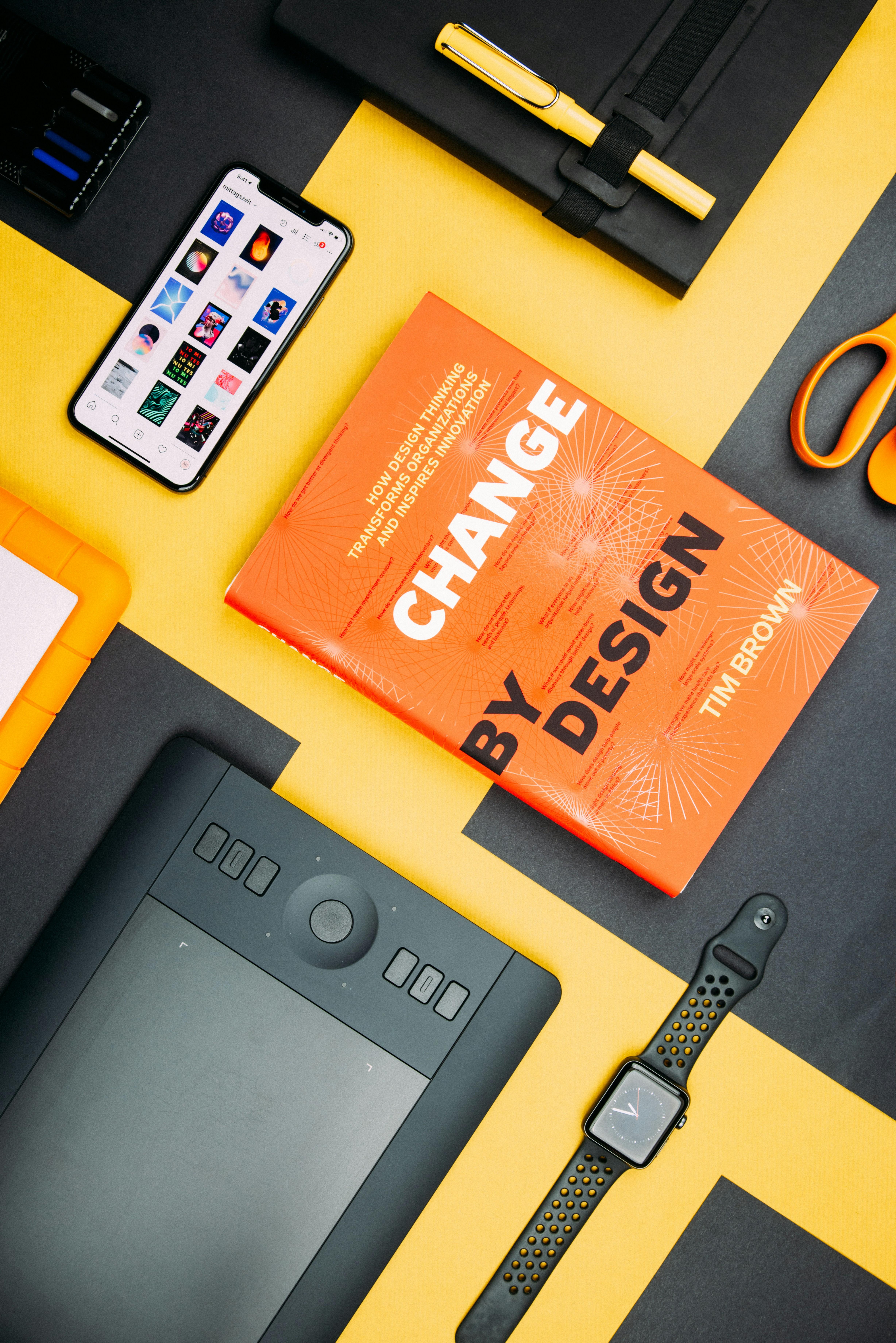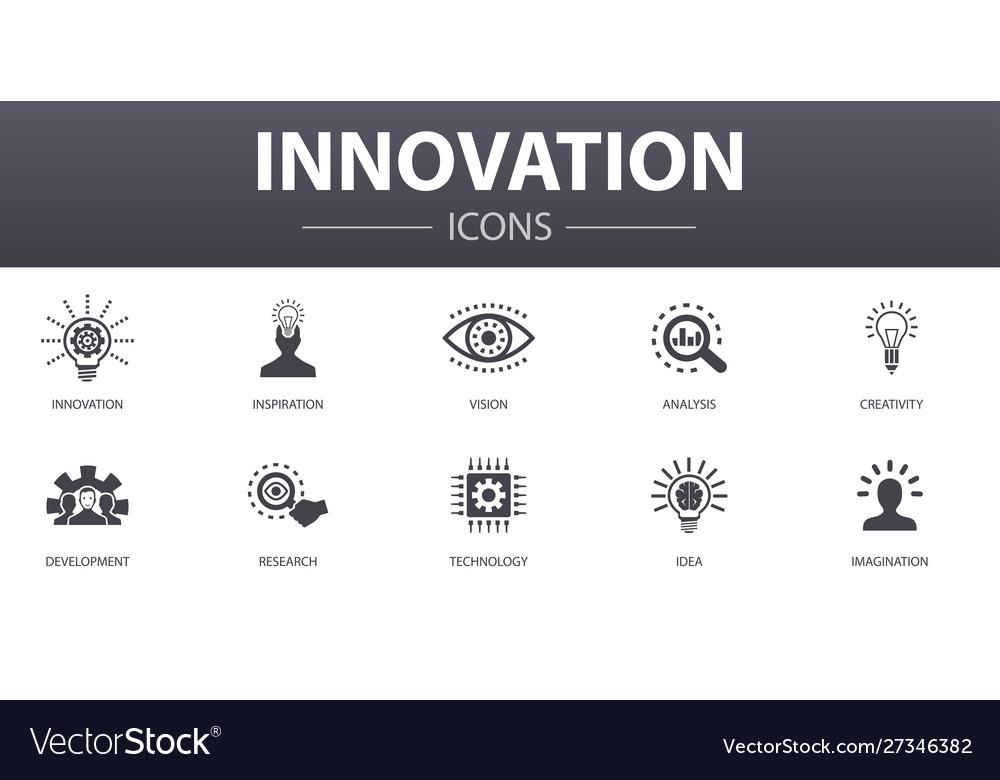In the ever-evolving world of theater and film, the visual impact of a production can significantly shape audience perceptions and experiences. As traditional set designs continue to dominate, a compelling question arises: should production teams embrace more unconventional set designs to invigorate their work? This article delves into the potential benefits and challenges of taking creative risks in set design, exploring how innovation can lead to groundbreaking storytelling and heightened audience engagement. By analyzing industry trends and case studies, we aim to uncover whether the bold choice to diverge from convention can ultimately redefine the artistic landscape.
Evaluating the Impact of Unconventional Set Designs on Audience Engagement
Unconventional set designs can significantly influence audience engagement by breaking traditional expectations and sparking curiosity. Creative set elements such as abstract backdrops, interactive spaces, and immersive environments can transform the viewer’s experience, leading to heightened emotional responses and increased investment in the narrative. When audiences encounter something unexpected, it challenges their perceptions and invites them to explore deeper meanings, fostering a more memorable connection with the production.
However, the effectiveness of these designs hinges on thoughtful execution. Consider the following when evaluating their impact:
- Relevance: Does the design align with the story and enhance its themes?
- Accessibility: Are all audience members able to appreciate the nuances of the design?
- Balance: Does the set complement rather than overshadow the performance?
By addressing these factors, production teams can leverage unconventional set designs to not only captivate but also deepen audience engagement.

Balancing Creativity and Practicality in Production Design Choices
Striking the right balance between innovation and functionality in set design is a delicate art. Production teams often face the challenge of pushing creative boundaries while ensuring practicality. Bold choices in design can captivate audiences and elevate storytelling, yet they must also accommodate the technical and logistical demands of a production. Unconventional sets may bring a fresh perspective, but they require meticulous planning and coordination. To achieve this balance, teams should consider:
- Material Selection: Opt for versatile materials that support creative flexibility without compromising durability.
- Spatial Efficiency: Design sets that maximize space usage, facilitating smooth movement and camera work.
- Budget Constraints: Weigh the cost of innovative designs against potential benefits, ensuring financial feasibility.
- Safety Standards: Prioritize safety in all creative endeavors, ensuring that sets are both inspiring and secure.
By integrating these considerations, production teams can confidently explore avant-garde designs that enrich narratives, striking a harmony between the imaginative and the feasible.

Overcoming Challenges in Implementing Innovative Set Concepts
Embracing unconventional set designs can be a daunting endeavor, primarily due to the multifaceted challenges involved. Budget constraints often top the list, as innovative concepts may require bespoke materials and intricate craftsmanship. Technical limitations can also pose significant hurdles; the integration of cutting-edge technology might necessitate advanced skills and specialized equipment, which are not always readily available. Furthermore, aligning these avant-garde ideas with the director’s vision demands a harmonious collaboration between all departments, a task that is easier said than done.
To successfully navigate these challenges, production teams can adopt several strategies:
- Collaborative Workshops: Encourage brainstorming sessions with designers, directors, and technicians to foster innovative solutions.
- Prototype Development: Create scaled-down models or digital simulations to test the feasibility of the design.
- Flexible Budgeting: Allocate a portion of the budget specifically for experimental elements, allowing for creative freedom without financial risk.
- Cross-Disciplinary Learning: Invest in training sessions that enable team members to acquire new skills, bridging any technical gaps.
By strategically addressing these obstacles, production teams can not only overcome the challenges but also transform them into opportunities for groundbreaking artistic expression.

Strategic Recommendations for Embracing Bold Design Risks
In the realm of set design, daring to venture beyond the conventional can yield transformative results. To effectively embrace bold design risks, production teams should consider several strategic approaches. First, cultivate a culture of experimentation. Encourage designers to push boundaries and explore unconventional ideas without fear of failure. This can be achieved by setting up regular brainstorming sessions where creativity is rewarded, and diverse perspectives are valued.
- Embrace Collaborative Innovation: Foster cross-departmental collaborations to blend unique insights and skills, creating richer, more innovative designs.
- Utilize Prototype Testing: Implement small-scale mock-ups to test bold concepts, allowing teams to refine ideas before full-scale production.
- Leverage Technology: Use advanced design software and virtual reality tools to visualize unconventional ideas, providing a clearer path from concept to execution.
By systematically integrating these strategies, production teams can confidently take calculated risks, leading to groundbreaking and memorable set designs that captivate audiences and redefine industry standards.

